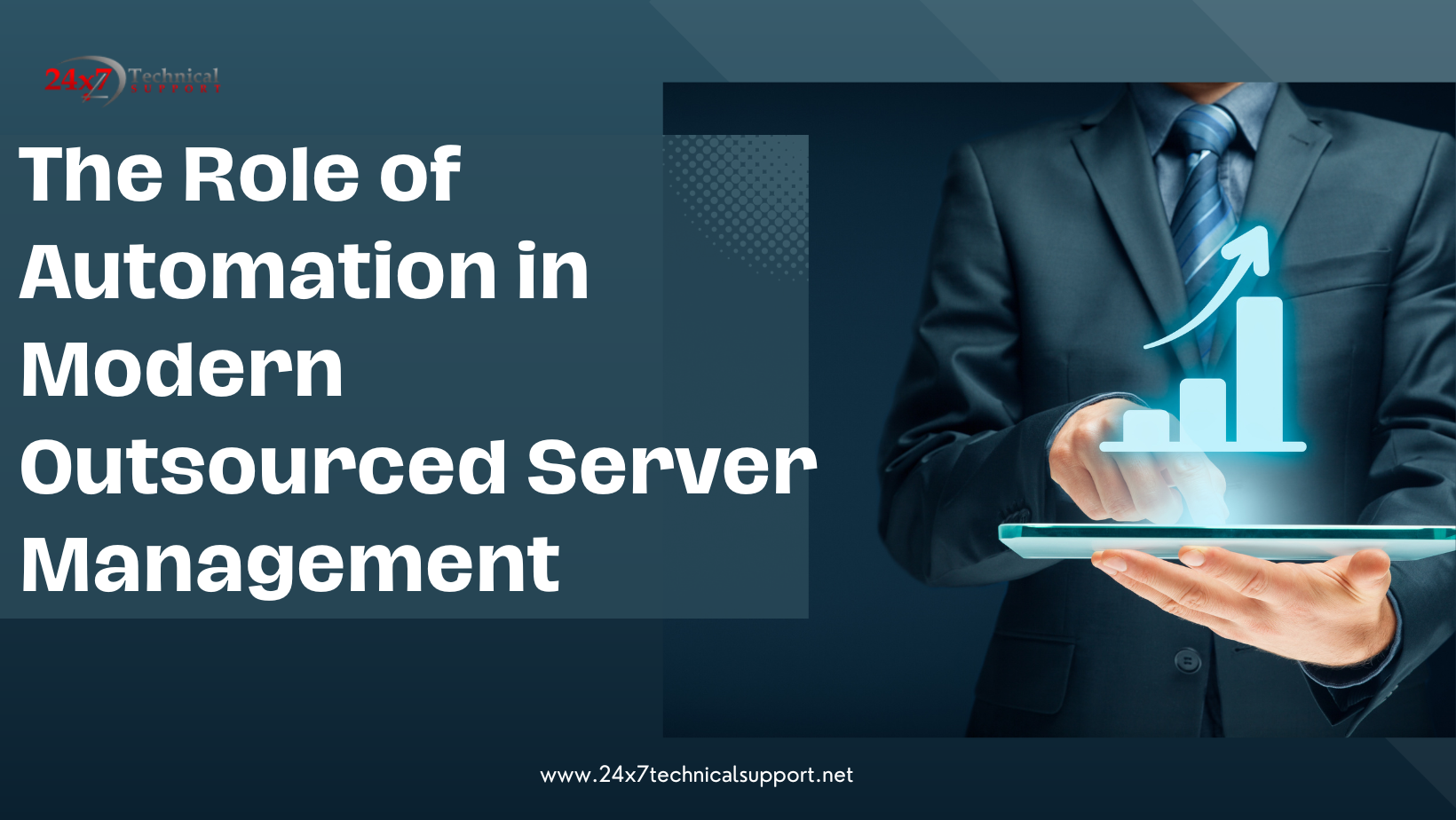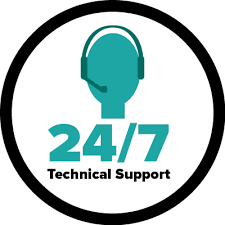
Introduction
In today’s rapidly evolving technological landscape, the role of automation in modern outsourced server management cannot be overstated. It has become a linchpin for businesses striving to optimize their operations, enhance security, and deliver seamless user experiences. This article delves into the multifaceted aspects of automation, shedding light on its transformative potential and how it is shaping the future of server management.
The Significance of Automation
Automation has emerged as a game-changer in the realm of outsourced server management. Its ability to streamline processes, eliminate human error, and ensure round-the-clock availability is unparalleled. This section will explore the various dimensions of its significance:
Enhancing Operational Efficiency
Automation streamlines routine tasks, allowing IT teams to focus on more complex and strategic endeavors. By automating routine maintenance, updates, and backups, businesses can allocate resources more effectively, leading to improved productivity and cost savings.

Elevating Security Measures
In an era marked by escalating cyber threats, automation provides a robust defense mechanism. It enforces security protocols consistently, reducing vulnerabilities and fortifying the server infrastructure against potential breaches.
Ensuring High Availability
Downtime can have catastrophic implications for businesses. Automation plays a pivotal role in minimizing downtime by swiftly detecting and rectifying issues, thereby ensuring uninterrupted service delivery to end-users.
Implementing Automation: Best Practices
Effectively harnessing automation in outsourced server management requires a strategic approach. Here are some key best practices to consider:
Conduct a Comprehensive Needs Assessment
Before implementing automation, it’s crucial to conduct a thorough assessment of your specific requirements. Understanding the nuances of your server infrastructure will guide the selection and configuration of automation tools.
Choose the Right Automation Tools
Selecting the appropriate automation tools is paramount. Consider factors such as compatibility with existing systems, scalability, and the comprehensiveness of features offered. Opt for tools that align seamlessly with your server management objectives.
Implement Redundancy and Failover Mechanisms
While automation enhances reliability, it’s prudent to have redundancy and failover mechanisms in place. This ensures that in the event of unforeseen circumstances, there are backup systems ready to seamlessly take over operations.
FAQs
How does automation improve server security?
Automation enhances security by enforcing consistent security protocols, promptly identifying and mitigating vulnerabilities, and minimizing the risk of human error.
Can automation be customized to specific business needs?
Yes, automation can be tailored to align with the unique requirements of a business. This customization ensures that it addresses specific challenges and maximizes efficiency.
What are the potential cost savings associated with automation?
By automating routine tasks, businesses can significantly reduce labor costs, minimize downtime, and optimize resource allocation, leading to substantial cost savings in the long run.
Is it possible to combine automation with human oversight?
Yes, a balanced approach that combines automation with human oversight is often recommended. This ensures that critical decisions and nuanced tasks are overseen by experienced professionals.
How does automation contribute to scalability?
Automation enables seamless scalability by automating the provisioning of resources based on demand. This agility is crucial for businesses experiencing rapid growth or fluctuating workloads.
Are there any risks associated with over-reliance on automation?
While automation offers numerous benefits, over-reliance without adequate human oversight can lead to complacency and a lack of adaptability in handling unforeseen circumstances.
Conclusion
The integration of automation in modern outsourced server management is a paradigm shift that empowers businesses to operate with unparalleled efficiency and security. By embracing best practices and combining automation with human expertise, organizations can unlock a new level of operational excellence. Embrace the future of server management with automation, and witness the transformative impact it can have on your business.